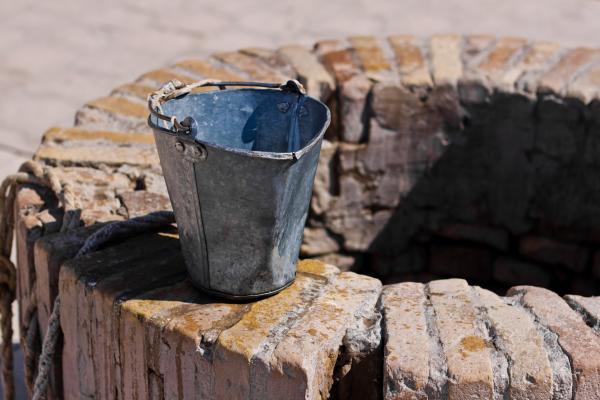JESUS REMINDS the Samaritan woman at the well that she was created for living water—she, the rejected one, was created for water that brings God’s healing, God’s acceptance, God’s wholeness. She was created for God’s peace between ethnic groups. She was created for God’s peace between genders. She was not created for the wilderness. She was created for places where living water springs from the earth and waters everything and everyone in its path. This hardened woman was created to be loved, and to love.
Humanity’s broken relationship with God is the ultimate cause of all other brokenness. It all stands as evidence of the initial break. In another sense, there is no way humanity could violate relationship with any other created being and not violate its relationship with God. All of creation is bound together by one thing: relationship with our Creator. It is Creator God’s love that binds us all together: To break one tie is to break them all.
And it all unraveled, from verse to verse and chapter to chapter. But that was not the end of the story; it was only the beginning. The first humans were tempted to grasp for their own way to peace in the garden, but their futile reach left them emptier than when they began. They reached for peace and received what Jesus called “well water.”
Like the ultimate Harriet Tubman committed to calling humanity to come home—to find the love it was created for—Jesus sits at the well and says to the nameless enemy, “Give me a drink.” And he doesn’t only speak to her heart. He also speaks to her mind. She has real concerns about the rightful place of worship, concerns hewn out of centuries of ethnic strife. Jesus engages her questions.
Read the Full Article

